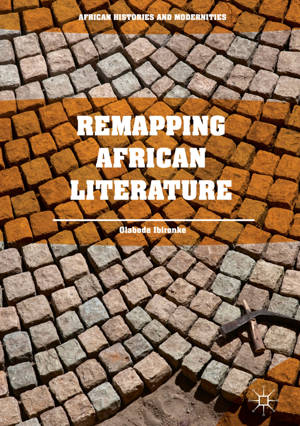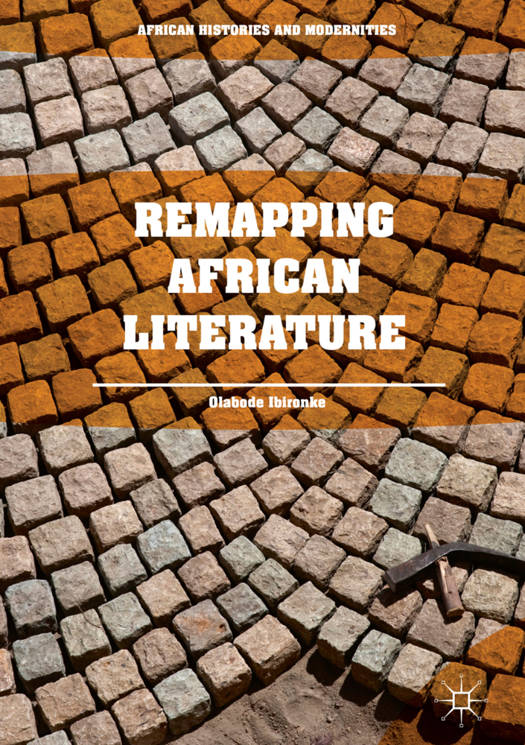
- Afhalen na 1 uur in een winkel met voorraad
- Gratis thuislevering in België vanaf € 30
- Ruim aanbod met 7 miljoen producten
- Afhalen na 1 uur in een winkel met voorraad
- Gratis thuislevering in België vanaf € 30
- Ruim aanbod met 7 miljoen producten
Zoeken
Omschrijving
This book is an exploration of the material conditions of the production of African literature. Drawing on the archives of Heinemann's African Writers Series, it highlights the procedures, relationships, demands, ideologies, and counterpressures engendered by the publication of three major authors: Chinua Achebe, Wole Soyinka, and Ngugi wa Thiongo. As a study of the history and techniques of African literary texts, this book advances a theory of reciprocity of effects - what it terms 'auto-heteronomy' - to describe the dynamic of formalist activism by which texts anticipate and shape the forces of literary production in advance. It serves as a departure from the 'death of the author' thesis by reconsidering the role of the author in African literature and culture industry, as well as the influence of African publics on writers' aesthetic choices, and on the overall processes of production. This work is a major contribution to African literary history, literary criticism, and book history.
Specificaties
Betrokkenen
- Auteur(s):
- Uitgeverij:
Inhoud
- Aantal bladzijden:
- 336
- Taal:
- Engels
- Reeks:
Eigenschappen
- Productcode (EAN):
- 9783319692951
- Verschijningsdatum:
- 9/03/2018
- Uitvoering:
- Hardcover
- Afmetingen:
- 151 mm x 218 mm
- Gewicht:
- 600 g

Alleen bij Standaard Boekhandel
+ 277 punten op je klantenkaart van Standaard Boekhandel
Beoordelingen
We publiceren alleen reviews die voldoen aan de voorwaarden voor reviews. Bekijk onze voorwaarden voor reviews.








